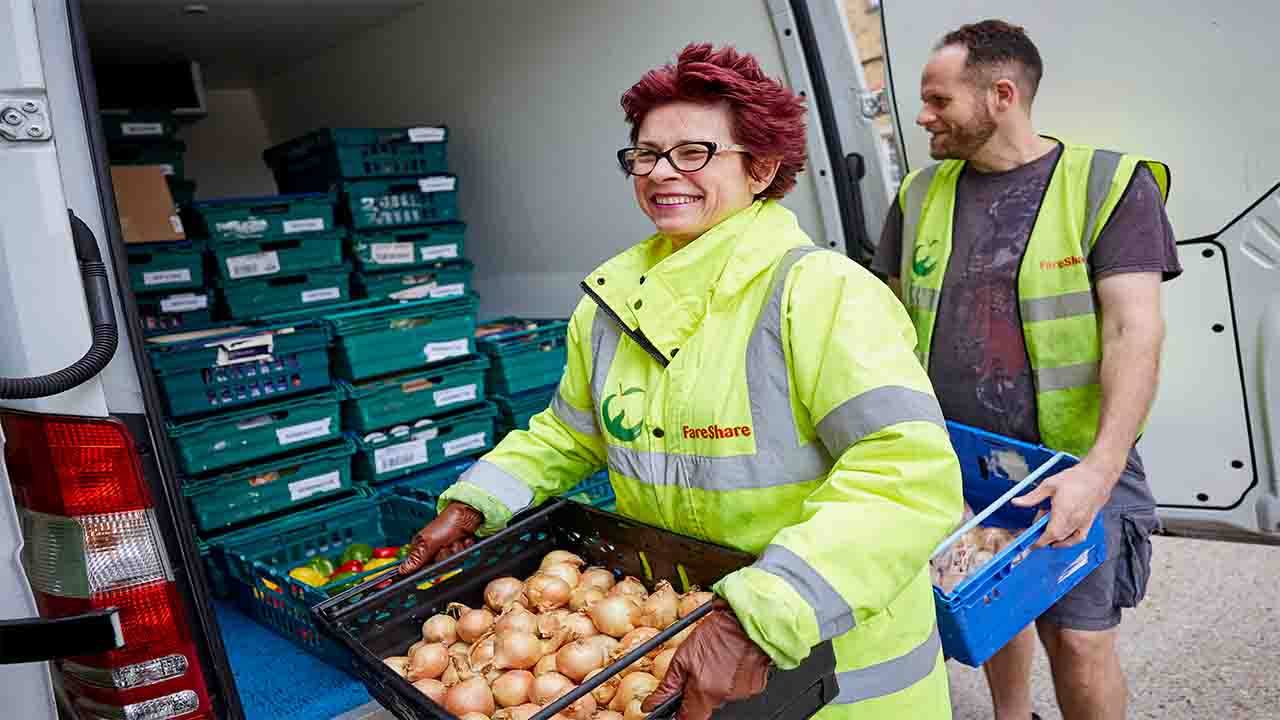Europe UK (Commonwealth Union) – Every year, millions of tons of food are wasted worldwide, while millions of people suffer from hunger and malnutrition. This alarming paradox calls for innovative and sustainable solutions to tackle both the humanitarian crisis and the environmental impact of food waste. One such solution gaining momentum is the redistribution of waste food. By redirecting surplus food to those in need, we can address hunger, reduce waste, and mitigate the ecological footprint of food production and disposal.
Collaboration and partnerships between food producers, distributors, retailers, and charitable organizations. The encouragement of cooperation and coordination to streamline the collection, storage, and distribution of surplus food.
A new study by the University of Hertfordshire has found that a prominent UK charity’s activity in the redistribution of waste food has a social and economic value of £225 million per year for the UK’s economy.
The research conducted by the Hertfordshire Business School for FareShare, the most extensive food redistribution charity in the UK, gaged the financial effects of redistributing surplus, good-to-eat food for both the government together with the beneficiaries.
It was discovered that the charity’s activities in reallocating food that would otherwise have just been disposed of to a network of charities along with community groups engaged in handling food insecurity and poverty, had a direct saving to the government of £117,568,637, and jointly those provided the food £107,661,372 over the year.
The Herts study pointed out that giving accessibility to nutritious food for vulnerable individuals provided key savings to NHS, childcare, and food waste disposal costs. This consisted of a significant lowering in hospital admissions for cardiovascular disease as well as mental health support.
“There will always be surplus food, but we believe, and this research proves, that surplus acts as a gateway for other services, helping individuals and strengthening our communities through food. Not only does a more balanced diet produce obvious health benefits, but sharing a meal brings people together and can tackle loneliness,” explained FareShare CEO Lindsay Boswell CBE.








